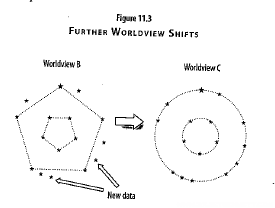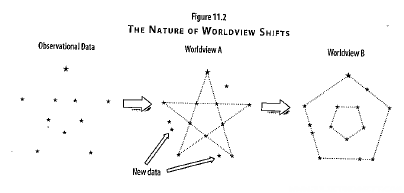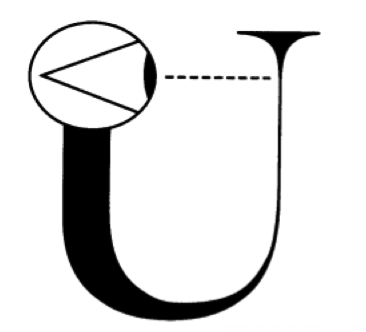No one “gets it” like Alan Watts gets it. He summarises “it” in a 160 page book called “THE BOOK: On the Taboo Against Knowing Who You Are” (1966). This TAG proves the pattern: no matter what I learn in the other fields and areas of scholarship, I can’t help but return to the metaphoric and comedic language of Alan Watts.
These two paragraphs in the Preface to THE BOOK, (almost) captures the thesis I’m spending hours upon hours trying to write:
“THIS BOOK explores an unrecognized but mighty taboo—our tacit conspiracy to ignore who, or what, we really are. Briefly, the thesis is that the prevalent sensation of oneself as a separate ego enclosed in a bag of skin is a hallucination which accords neither with Western science nor with the experimental philosophy-religions of the East—in particular the central and germinal Vedanta philosophy of Hinduism. This hallucination underlies the misuse of technology for the violent subjugation of man’s natural environment and, consequently, its eventual destruction.
We are therefore in urgent need of a sense of our own existence which is in accord with the physical facts and which overcomes our feeling of alienation from the universe. For this purpose I have drawn on the insights of Vedanta, stating them, however, in a completely modern and Western style—so that this volume makes no attempt to be a textbook on or introduction to Vedanta in the ordinary sense. It is rather a cross-fertilization of Western science with an Eastern intuition.”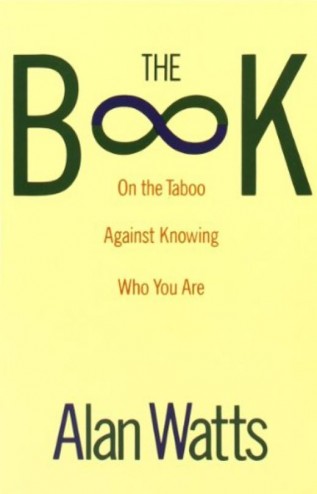
It’s contents includes:
1 Inside Information 11
2 The Game of Black-and-White 29
3 How To Be a Genuine Fake 53
4 The World Is Your Body 82
5 So What? 100
6 IT 125
Reading these paragraphs make me question why I am writing a thesis that seems to take the above two paragraphs and make them a whole lot more complicated?
I guess that’s the process of growth: take things apart, make them more complex, then put them back together, and see if there’s something useful you can add in returning it to the simplicity. Even Watts wrote and spoke at length about “Nothingness”…
I doubt I can add much to the messages Alan Watts conveys so effectively, but given the feeling of alienation of humans from their universe continues, as does the exploitation of our fellow humans and our planet, both which appear connected to understandings of self and world that don’t align with a holistic look at what western science tells us (including evolution, emergence and quantum physics). Maybe my contribution will be exploring how the idea captured in THE BOOK may be put to use in new ways…
THE BOOK is definitely worth a read (or Google the title and PDF and you’ll surely find a free copy) and The Nature of Consciousness (an audio lecture series) is well worth listening to, at least ten times:
[youtube]http://www.youtube.com/watch?v=UhRWYFJ2pyI[/youtube]
Hopefully when my ability to express these ideas improves I will be able to share this in ways that doesn’t simply direct people away from my blog. When one is working over 4-days a week, and trying to write up a long academic thesis by the end of the year, there’s only so much you can do…. I guess it’ll all happen in good time.



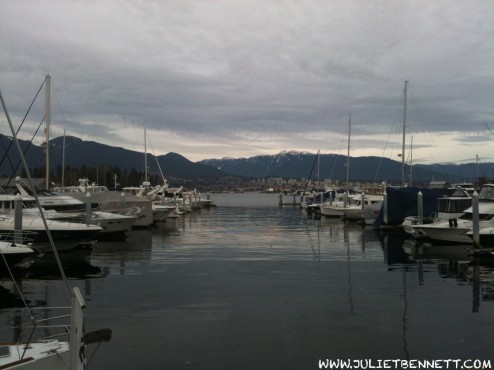 Do you ever tell yourself to “just relax” and then continue to do the very opposite? Or tell yourself to “forget it”. Or “frick’n focus!” And then find it impossible? Well that what happened to me today. Then it reversed itself in a way I didn’t expect.
Do you ever tell yourself to “just relax” and then continue to do the very opposite? Or tell yourself to “forget it”. Or “frick’n focus!” And then find it impossible? Well that what happened to me today. Then it reversed itself in a way I didn’t expect.
